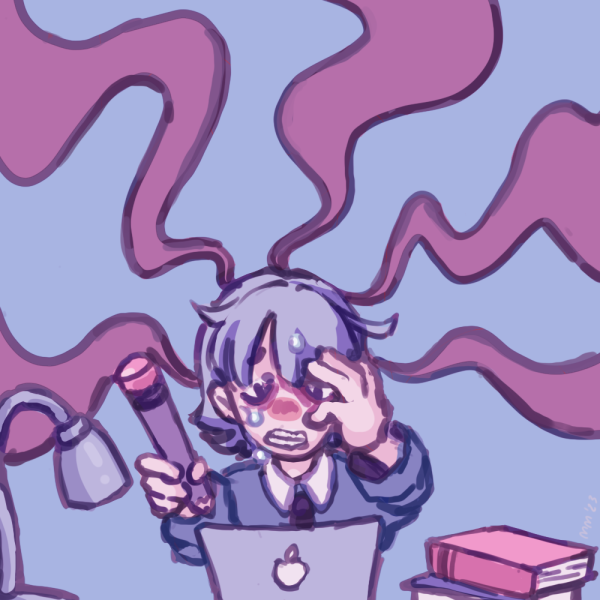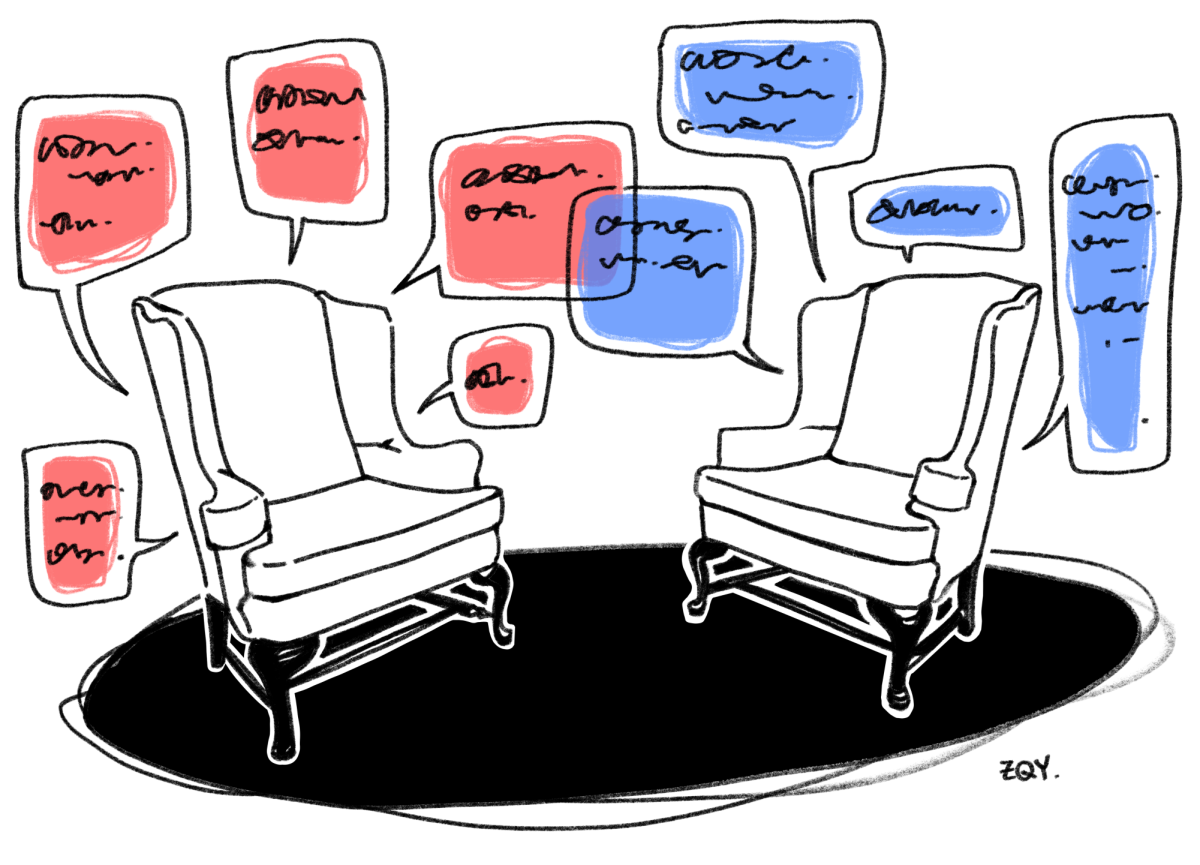 From its outset, Groton was more than just a college-preparatory school. Endicott Peabody sought to prepare his students for the “active work of life” with a curriculum inspired by Muscular Christianity—a 19th century philosophical creed stressing discipline, duty, morality, and athletics.
From its outset, Groton was more than just a college-preparatory school. Endicott Peabody sought to prepare his students for the “active work of life” with a curriculum inspired by Muscular Christianity—a 19th century philosophical creed stressing discipline, duty, morality, and athletics.
So began Groton’s grinder culture. Early wake-up times, rigorous classes, and competitive sports characterized the Groton experience and humbled the likes of Franklin Roosevelt. Each and every Groton student, therefore, would be prepared for the intensity of the real world as they pursued careers in public service.
Useful as his philosophy was in toughening up teenage boys from the New England elite, Peabody’s vision must be re-evaluated to correspond with Groton’s evolving psychology. Mental health concerns have led to fewer class meetings per week, the adoption of a five-class course load, and serious conversations about removing Saturday classes. Recent polls have shown that most students feel overwhelmed by their commitments, leading to less sleep and more anxiety. Loosening Groton’s academic structure is only a short-term solution to worsening mental health among students. If we truly want to effectively promote mental health on a fundamental level, we must change our approach to schoolwork altogether and preserve Peabody’s philosophy.
Throughout much of my time at Groton, I’ve viewed my schoolwork and commitments in general with dread; the only thing pushing me to do work was a fear of failure. But a conversation with a teacher reoriented my perspective on handling work. If we apply Peabody’s perspective of athletics to academics, we can think of completing work as building endurance. The only way to build your endurance in any sport is pushing yourself to your limit. Similarly, the only way to become a more productive student is to complete more work under a time constraint. We would never tell a runner not to push themselves. So why would we tell a student not to work their hardest? We’d only be doing them a disservice in the future. Whether someone is working at a company or juggling family responsibilities, learning to thrive under pressure is a necessity.
As strict and outdated as it may seem, Peabody’s vision has defined Groton’s identity. When the Science Department restructured their curriculum, they conducted a survey asking alumni what lesson from Groton translated to success in their careers. The most popular response by far was the lesson of being productive when they had a lot of things on their plate.
Of course, good mental health is a necessity at any school. I believe there are two major pillars to mental health—balance in your environment and in your mentality. Though it can improve in some areas, Groton has succeeded in the former by creating a supportive atmosphere for its students; this has been done through a close-knit and understanding student community along with counseling resources. The latter, though, is something much more difficult to do and is what lies at the heart of the alumni’s survey responses. We must treat stress as an ally—not an enemy—if we want to improve and succeed.
Groton succeeds when its students’ stress is neither too much nor too little. Teachers have a large part to play in this by understanding students’ bandwidth and creating environments where students can succeed with hard work, not a grading curve. A sporadic all-nighter or busy weekend is to be expected at Groton as students learn about time management and handling stress. Toxic elements of grinder culture—like sleep deprivation and cheating—inevitably occur and can be eliminated through strong student leadership. As simple as it may seem, student role models can shape others’ experiences at Groton and promote healthy habits.
We may not be the muscular Christian men Peabody envisioned, but we can still respect his
ideas. Every time we push ourselves harder, we don’t only become better students—we become better people.






